We talk to Anil Mankar, Co-founder and Chief Development Officer at BrainChip, about artificial intelligence and neural-networking ICs.


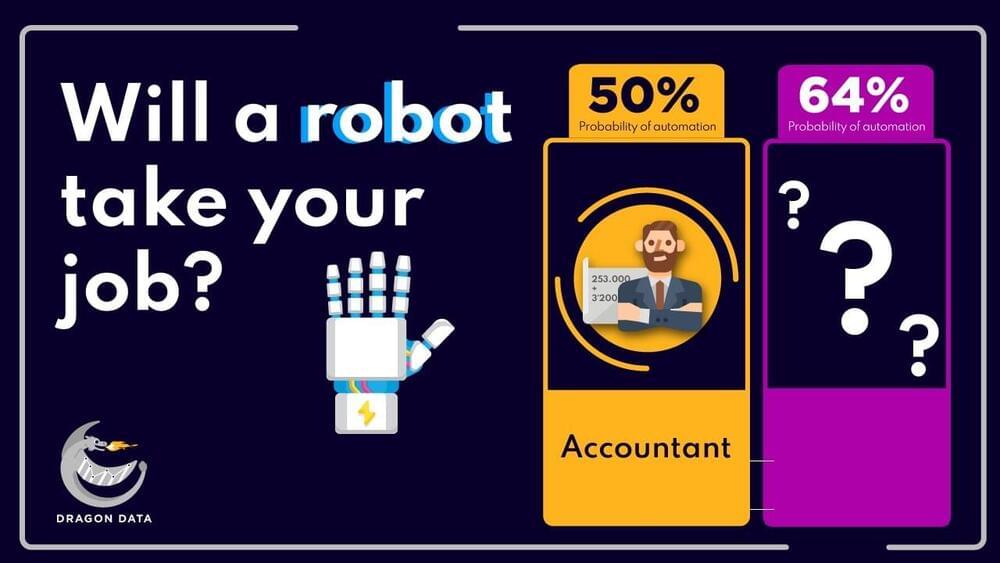
Aggregate of labor displacement from AI-spoiler-literally EVERYTHING.
OECD experts have calculated the probability a job will be automated, on the basis of how feasible it is for technology to perform the tasks that comprise that job.
Jobs are grouped into occupation categories according to the ISCO-08 standard. The mean probability of automation of each occupational category is displayed, along with an example of a typical job in that category.
This is very broad: the automatability of jobs within each occupation category can vary widely. Also, the tasks that make up each job can vary from country to country, but the mean probabilities displayed are from across OECD countries.
Nedelkoska, L. and G. Quintini (2018), “Automation, skills use and training”, OECD Social, Employment and Migration Working Papers, No. 202 OECD Publishing, Paris.
Link: https://doi.org/10.1787/2e2f4eea-en.
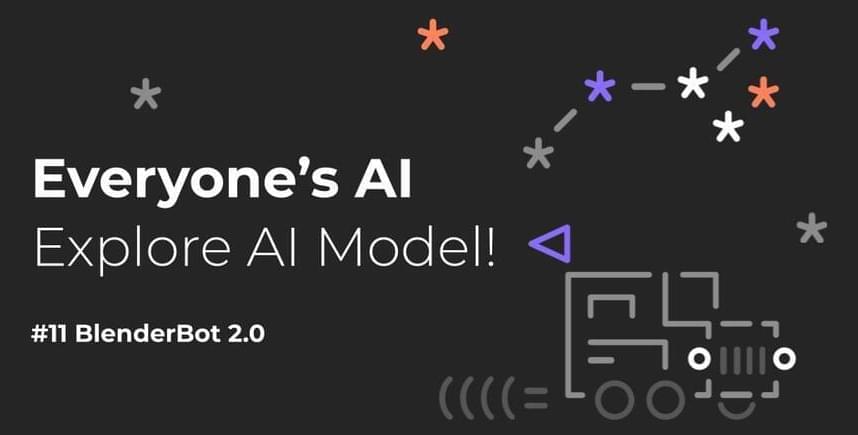
[Editorial Note] This article has been planned and published as part of a series of articles related to open-source AI models and insight sharing by Sung Chang-yeop, who is a Developer Relations Engineer at Common Computer. This is the 11th article so far and its mainly about BlenderBot 2.0, a chatbot released by Facebook AI.

Get ready.
Tesla CEO Elon Musk said the company will use personal driving data to determine whether owners who have paid for its controversial “Full Self-Driving” software can access the latest beta version that promises more automated driving functions.
Musk tweeted late Thursday night that the FSD Beta v10.0.1 software update, which has already been pushed out to a group of select owners, will become more widely available starting September 24.
Owners who have paid for FSD, which currently costs $10,000, will be offered access to the beta software through a “beta request button.” Drivers who select the beta software will be asked for permission to access their driving behavior using Tesla’s insurance calculator, Musk wrote in a tweet.
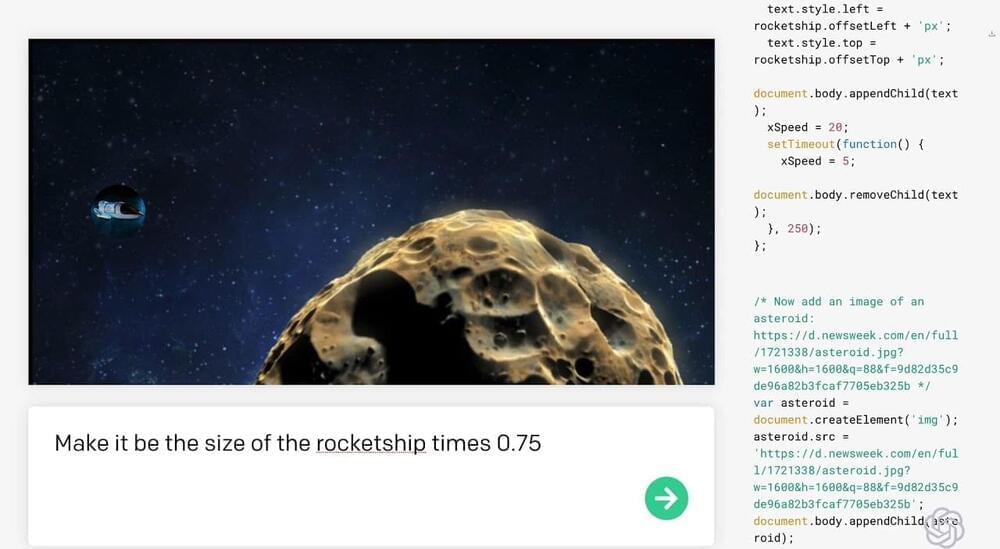
The Singularity is now in private beta. But you still have to care about syntax errors.
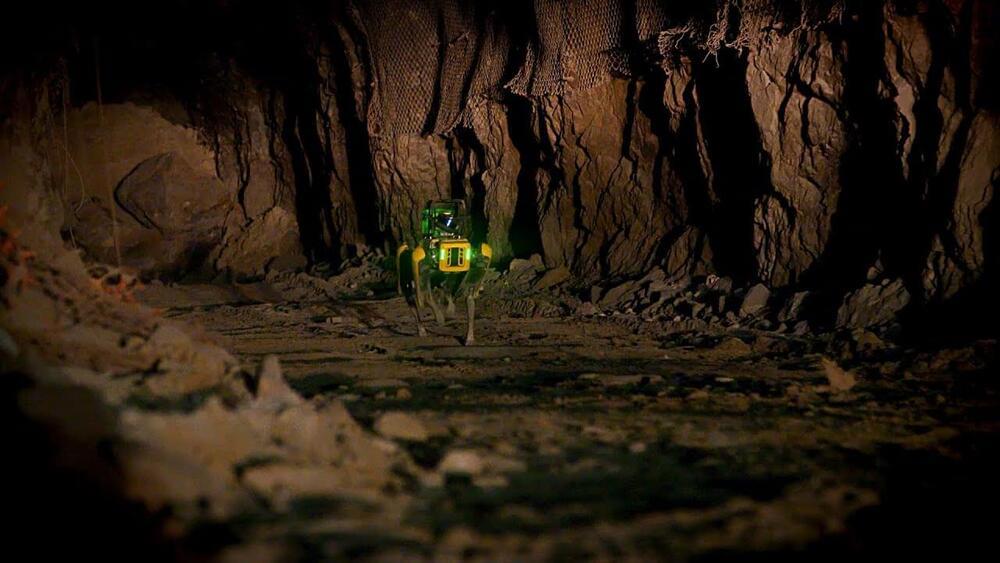
Improved autonomy
One of the main features of Spot is Autowalk, a system that enables the robot to record and repeat paths. An operator takes the robot through the path using the remote controller interface. The robot memorizes the path and can repeat when commanded to do so. Autowalk can be used for inspection missions in industrial facilities, mines, factories, and construction sites.
The new update improves Autowalk, reducing the need for human guidance and intervention. Robot operators can now edit Autowalk missions and add actions such as capturing images, reading indicators, or run third-party code. Spot also has been given better planning capabilities and can find the best path to perform target actions. Its pathfinding capacity has also been improved to adapt to changes in its inspection paths such as new obstacles. And it can be scheduled to carry out scheduled inspections without human supervision during off-hours.
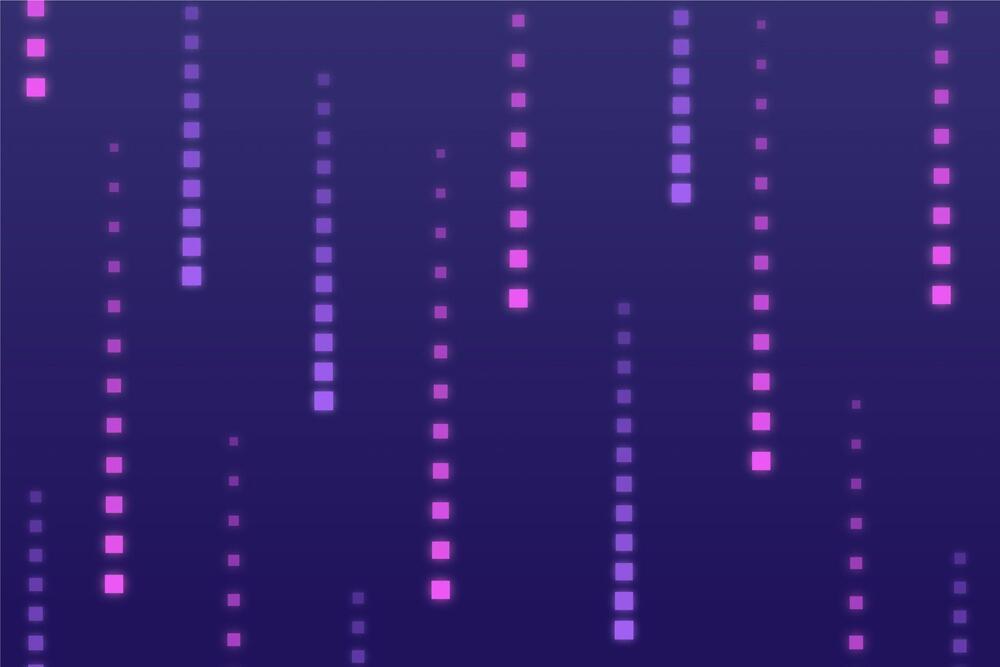
We live in a world where significant technological developments in processing technology have dramatically transformed our way of life, with rapid improvements in computing capacity.
The world’s information continues to grow. In 2,018 the total amount of data stored in the world was 33 zettabytes (33×1021 bytes). To put it another way, one zettabyte of data would require 33 billion one-terabyte.
As difficult as it is to wrap one’s head around that amount of data, it is expected to swell to 175 zettabytes by 2025. To this date, extracting and storing this increasingly massive amount of data represents a tremendous challenge in terms of efficiency, accuracy, and sustainable energy cost.

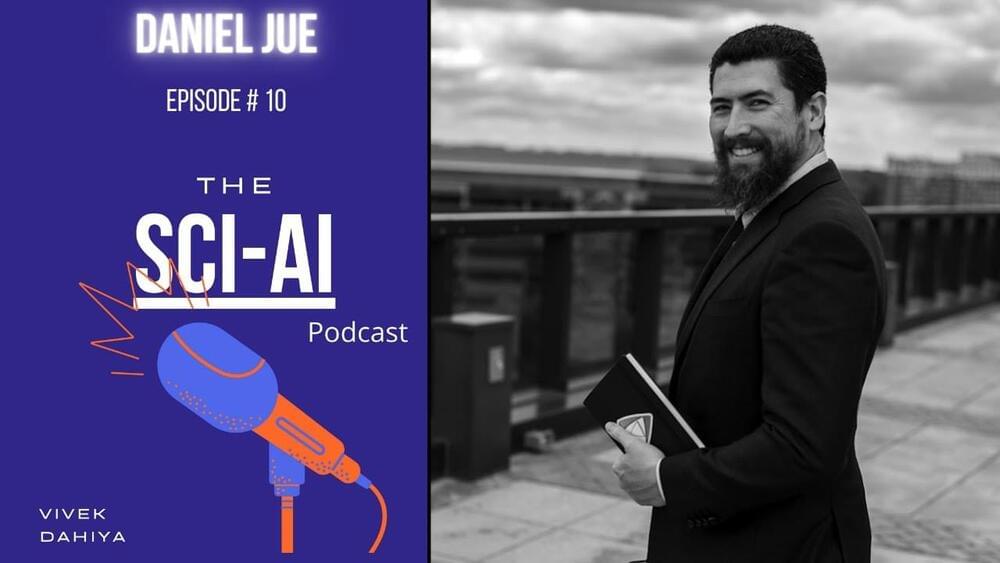
In this podcast, I have invited Daniel Jue, one of the youngest Entrepreneurs of the field of AGI. Daniel is an Independent Artificial General Intelligence researcher at Cognami in the US. He has worked supporting the US Department of Defense, including Data Fusion and analytic development for DARPA, the Defense Advanced Research Projects Agency, whose mission is to prevent technological surprise by potential adversaries. In addition he worked with scientists and engineers at IronNet CyberSecurity, a startup with DARPA and NSA heritage who have recently gone public. In March of 2,021 Daniel took on full time AGI research, drawing upon the fields of Computer Science, Neuroscience, Philosophy and Psychology. Some of his major influences have been Jacques Pitrat’s CAIA (An Artificial AI Scientist) project, Jean Piaget’s childhood development theories and Spiking Neural Networks. He sees a generalizable substrate at the basis for AGI, where engineers design the “physics” in which intelligent behavior could emerge.
SUBSCRIBE to our YouTube Channel and “ring the bell” for all the latest videos from ‘The SCI-AI Podcast’ at https://bit.ly/3y6ISwL
- Listen to us on Buzzsprout: https://feeds.buzzsprout.com/1816580.rss.
- LIKE us on Facebook: https://www.facebook.com/podcazter.
- FOLLOW us on Twitter: https://twitter.com/MeharVik.
- FOLLOW us on Instagram: https://www.instagram.com/brightvik/
- SUBSCRIBE to our channel on Apple Podcast: https://apple.co/3gllCVL
- SUBSCRIBE to our channel on Spotify Podcast: https://spoti.fi/2WfCTZx.
Connect with Daniel Jue:
LinkedIn: https://www.linkedin.com/in/danieljue/
Connect with Vivek:
Linkedin: https://www.linkedin.com/in/vdahiya/
Twitter: https://twitter.com/MeharVik.
Instagram: https://www.instagram.com/brightvik/
Quora: https://www.quora.com/profile/Vivek-Dahiya-1
Timecodes:
0:24 Introduction of Daniel Jue.
2:07 Alignment Problem.
6:33 Will AGI be our Last Invention?
14:37 Distributional Shift in Narrow AI
19:46 How can one build an AGI?
25:08 Humans vs AI. Who is more dangerous for our existence?
28:58 Will AGI eliminate us?
36:50 Thousand Brains theory.
42:05 Cognitive Architectures.
44:43 Stephen Hawking’s AI theory.
48:21 Problems that AGI will solve in the future.
51:21 Biological Humans will be indistinguishable from AGI
55:37 Free Will, Determinism and the role of Philosophy in building the AGI
58:39 Adding consciousness to AI
1:01:39 Meaning of Life.
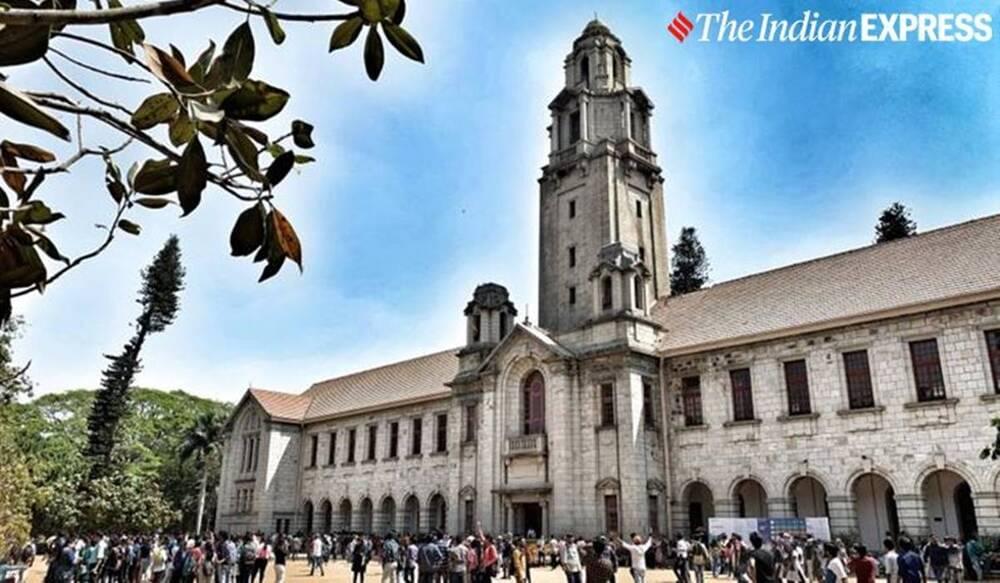
Spread across approximately 140,000 square feet, the Kotak-IISc AI-ML centre will offer Bachelor’s, Master’s and short-term courses in areas such as artificial intelligence, machine learning, deep learning, fintech, reinforcement learning, image processing and computer vision, a joint statement said.
Read | Management institutes eye new-age tech with dedicated centres and specialised courses
The Centre, established under KMBL’s CSR project on Education & Livelihood, will also promote research and innovation in AI and ML and develop the talent pool from across the country to provide cutting-edge solutions to meet industry’s emerging and future requirements, it said.